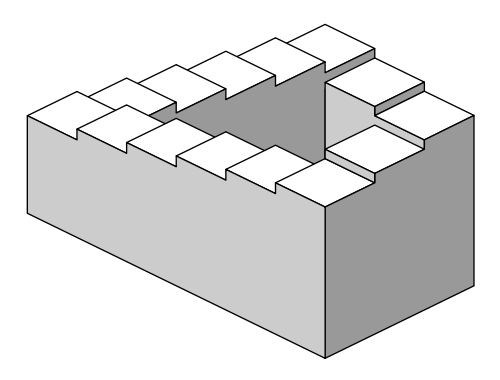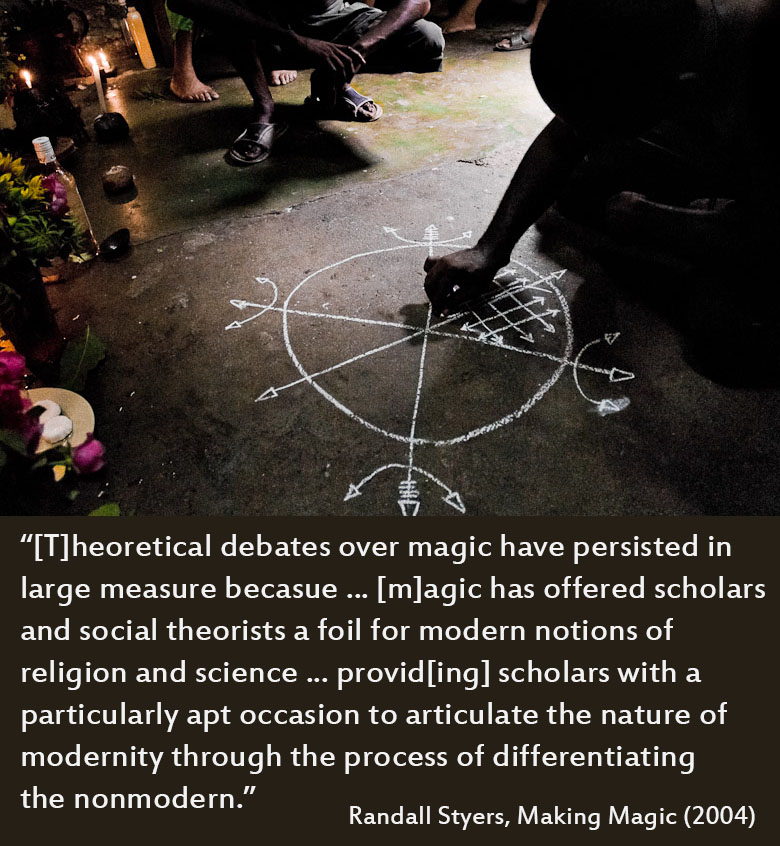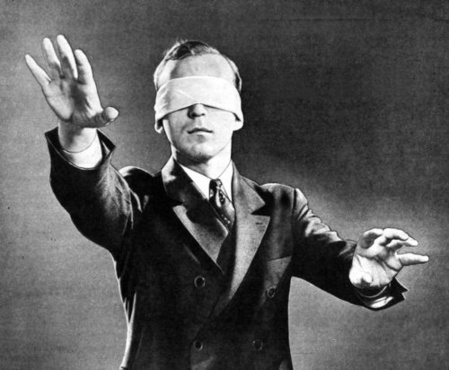
Why do we see this image of the Penrose Stairs as being impossible? Optical illusions, such as this one, and magic tricks function because of at least two structures, perhaps we should call them limitations, related to our perception of reality, namely bodily structures (our sensory system) and conceptual structures )the frameworks around which we organize those perceptions). Considering these limitations becomes important not only for our perception of illusions but also for the work of observation and description that informs much scholarship and public discourse.
These reflections came out of watching David Blaine perform his ice pick trick in a conversation with Neil DeGrasse Tyson with Pharrell Williams and Scott Vener in their OtherTone Studio. Continue reading “Illusions, Magic, and the Perception of Reality”

 What’s in a name? In “
What’s in a name? In “
 An
An  Read
Read  Not long ago I
Not long ago I